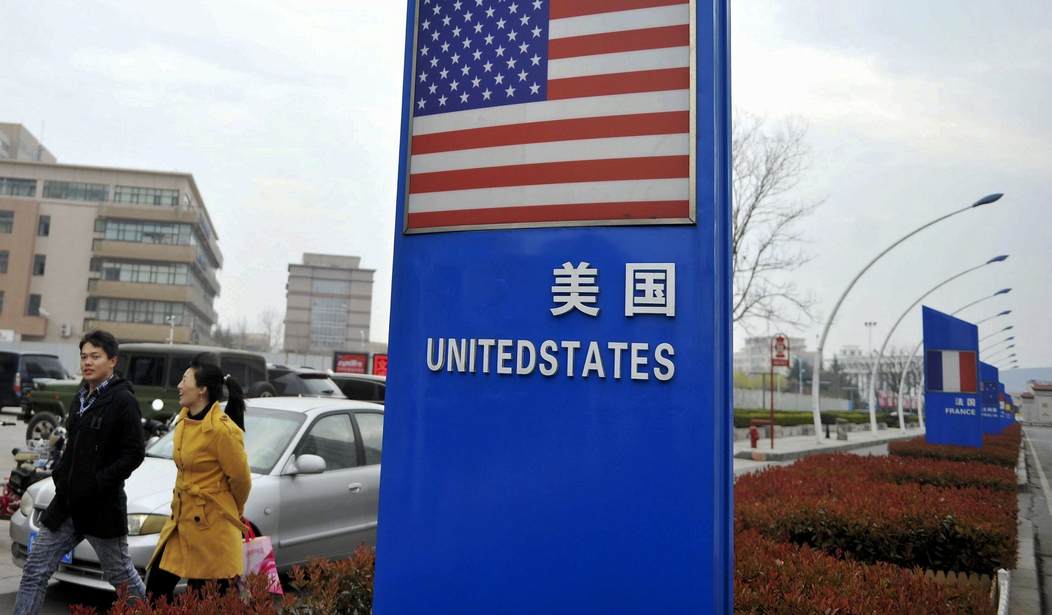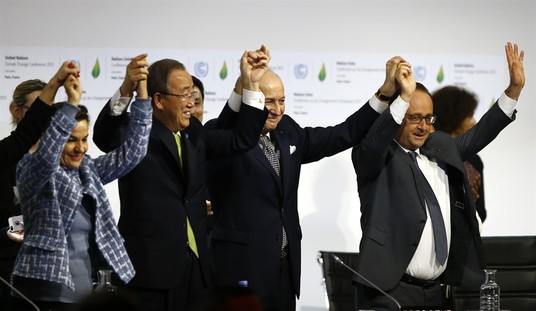WASHINGTON – Rep. Rosa DeLauro (D-Conn.), a member of the Congressional Progressive Caucus (CPC), expressed support for the trade actions President Trump has taken against China.
Having already announced $50 billion in tariffs, Trump threatened this week to impose additional tariffs on Chinese goods worth about $100 billion.
PJM asked members of the CPC if they agree with Trump’s tariffs on Chinese imports and if they are worried about a trade war.
“I think he was right to raise tariffs on certain imports from China. Many of the targeted Chinese industries are built on intellectual property that’s stolen from American companies. It’s a serious problem that’s gone on for far too long. We’ve been schizophrenic in the past about dealing with China and we know them as a currency manipulator,” DeLauro said Thursday on a conference call with other CPC members about trade policy and NAFTA renegotiation. “We’ve never been able to want to take that issue on.”
Rep. Mark Pocan (D-Wis.), the CPC co-chairman, said he supports Trump’s “targeted tariffs” but thinks the administration’s overall trade policy is still unclear.
“Part of the problem is, while I’ve supported targeted tariffs and support targeted tariffs, I have no idea what the president’s policy is on this,” Pocan said. “And lacking that makes it much harder to understand exactly what he’s doing, and I wish they would provide a bigger vision if they actually have one.”
When pressed on whether or not they fear a trade war, the Democratic lawmakers declined to directly address the matter.
Rep. Ro Khanna (D-Calif.) said there’s “no doubt” that China has been stealing intellectual property but he argued that the Trump administration should not be taking a “sledgehammer approach” to addressing complex issues that impact the global economy.
“They’ve been requiring joint venture agreements to do business there, but I don’t think an across-the-board tariff is the answer,” he said. “There are many other things we could do stronger than what we’ve done in the past.”
Khanna suggested the Trump administration “strengthen” the Committee on Foreign Investment in the United States (CFIUS) to make it “much harder” for Chinese companies to do business inside the U.S. He said the Commerce Department imposes “penalties where you see intellectual property theft and dumping” and that the government should “really enforce that and have a much more aggressive enforcement.”
DeLauro mentioned the sale of Smithfield to the Chinese and recommended the U.S. government “take a hard look” at the economic effect of “selling our industries” to Chinese companies.
“What does that mean for American workers?” she said. “It wasn’t looked at in the last administration but I think one needs to take China to task on these issues. And for too long, we have allowed them to be front-and-center in this market without our saying a word about our intellectual property, or the tariffs that they have on our goods going into China.”
DeLauro said the U.S. government has been “unwilling to do anything” about the contaminated food products that have come into the U.S. from China in the past.
“I think overall China needs to be held to task,” she said.
Pocan addressed the political ramifications of NAFTA renegotiation, recommending that Trump push for a deal that would protect American workers and satisfy his “base” rather than House Speaker Paul Ryan (R-Wis.).
“If he has a deal that Paul Ryan can agree with, I can guarantee it’s not going to be something that the people who voted for him in Wisconsin expected because Paul has been in a very different direction on this issue,” the chairman said. “So if he has such a weak renegotiation, he’s not going to satisfy the base – and if anything I know about Donald Trump, it’s he loves his base.”
“So if he really wants something that’s going be appeal to the people who voted for him in Wisconsin and Michigan and I would argue, Pennsylvania, he should be much closer to the principles we have laid out,” Pocan added.
Addressing the NAFTA talks, DeLauro noted U.S. Trade Representative Robert E. Lighthizer said he would like to incorporate “labor language the Democrats will support.”
“But what we’ve seen so far is inadequate. We need to know whether Mexico is committed to implementing reform on the ground,” she said.
Pocan said the CPC is working “directly” on NAFTA-related advocacy with the same coalition that helped “defeat” the Trans-Pacific Partnership (TPP) trade deal, including labor and environmental organizations.
“People need to realize there is a pretty broad coalition that had a lot of power previously on this,” Pocan said. “It’s not just a statement of principles but working in partnership with outside organizations.”









Join the conversation as a VIP Member